Take a cricket bat and go in churches: Eight things I learned from covering my first Tour de France
Covering the greatest bike race in the world is not as straightforward as it always seems
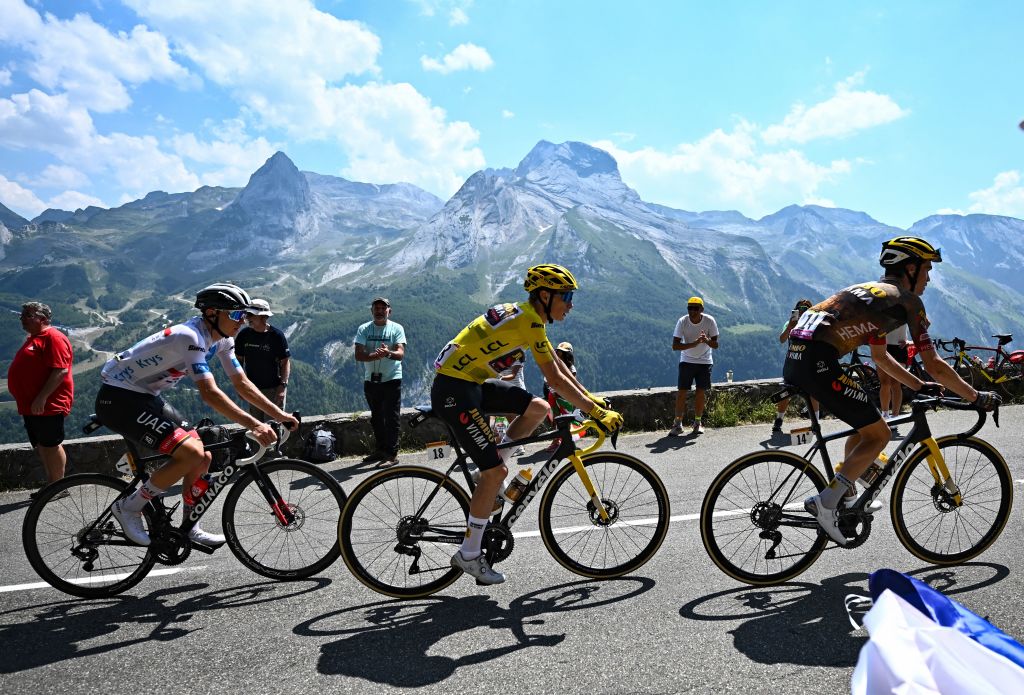

In the 18th century, it was customary for young English aristocrats to go on a 'grand tour', a lengthy trip through western Europe often centring around Italy. They would spend time looking at antiquity and the art of the renaissance, educating themselves on the supposed ideals of the continent.
In the world of cycling, a Grand Tour has come to mean something very different - no, not the Top Gear successor - the lengthy, extreme tests of a riders ability in the Giro d'Italia, Tour de France and Vuelta a España.
Covering one of these races in its entirety still has a whiff of the old grand tour about it, however; this year, following the Tour, I spent 28 days across four countries, staying in 21 different hotels. Someone like Lord Byron probably would not have considered a confusing four-week tour of Denmark, France, Belgium and Switzerland to be up to much, and it is doubtful he would have ever chosen to visit towns as varied as Longwy, Tarbes and Sønderborg. It did certainly educate, to a point, though.
Now the dust has settled on the Tour - and the Tour de France Femmes - here are eight things I learned from covering my first Grand Tour. Hopefully not my last.
You will not see a lot of the race
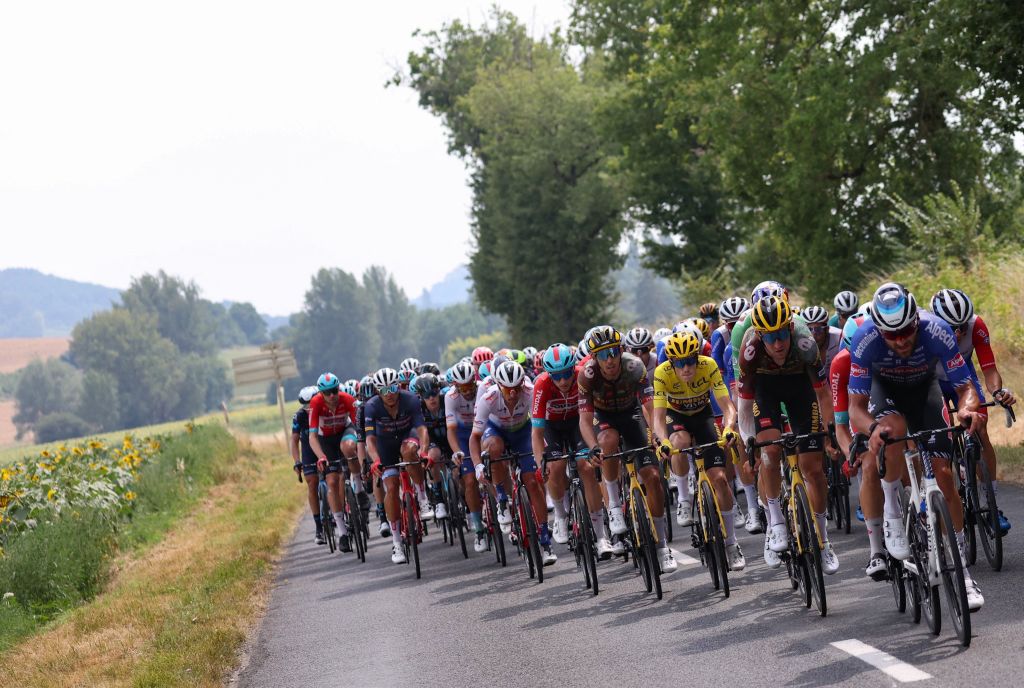
One might imagine that being at a bike race, especially as a journalist with special access, is the best way to see the action. Not so.
Watching the Tour on television, especially now coverage starts right from the beginning of the stage, you get to see almost everything that happens, well, as much as the director wants to show you. You can see the break form, the late attacks, the rider who is forced to change bikes multiple times.
From the ground, it is often difficult to get a grasp of what's going on. Obviously, the same is true of the fans standing at the side of the road for a single glimpse of their heroes, but some days it's even worse. You can follow on social media or catch a glimpse on your phone, but it's not really the same.
Get The Leadout Newsletter
The latest race content, interviews, features, reviews and expert buying guides, direct to your inbox!
On stage 19, from to Castelnau-Magnoac to Cahors, there was so much driving to do from the start to the finish that I think I saw about 5km of the stage in the end, and did not see Christophe Laporte charge to the line until much later. If anything interesting happened that day, I'm sorry for missing it.
Driving up Alpe d'Huez is hell
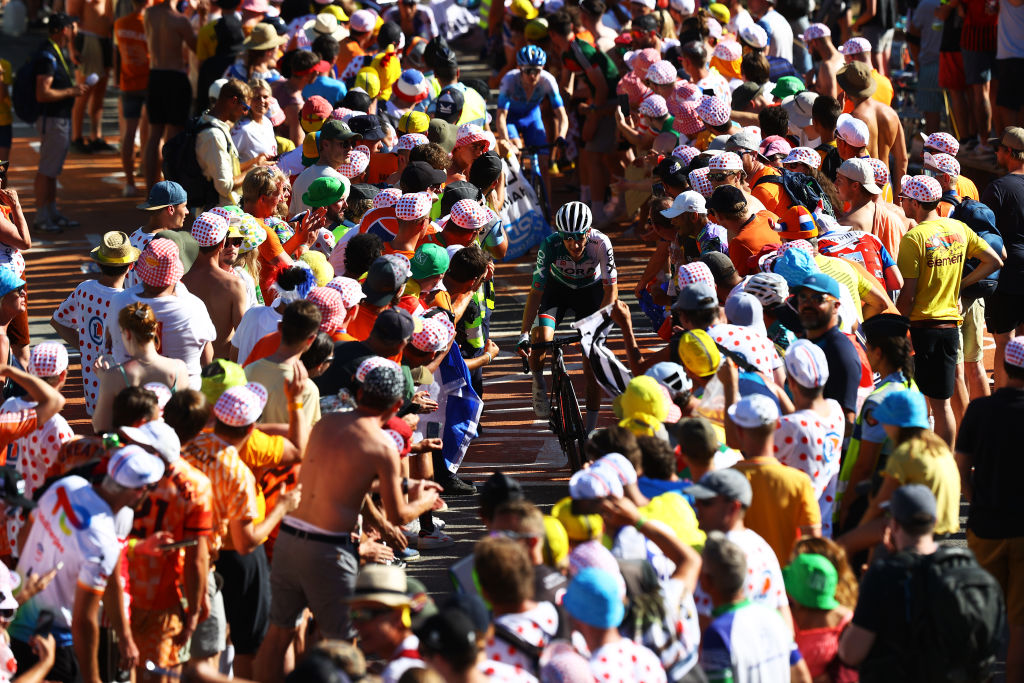
Sure, Alpe d'Huez looks fun, with its party atmosphere, its an amphitheatre of cycling. Dutch Corner, what a laugh! Some of the riders even look like they enjoy it as they ride up a mountain with beery fans inches away from their faces.
I did not enjoy it. This is not because I hate fun, contrary to popular belief, but because I had to drive up it in heavily loaded a Ford Mondeo diesel estate. Even about four hours before the riders were due to cycle up it was absolute bedlam on the famous 21 bends, which made my life hell.
I do not have a car, so at home I don't usually drive away from covering racing, I simply cycle. This means that I'm not particularly used to driving, especially not a manual car on the roads of France. You do a lot of driving at a three-week race; I probably did about a thousand miles, but the low point was definitely the Alpe.
It was already a tough prospect, as Alpe d'Huez is 13.9km at eight per cent, but add the tens of thousands of people onto it, many of whom might have had a couple of drinks, it is a nightmare. Mostly because you're trying not to accidentally run over anyone or knock one of the many cyclists off their bike (it's a bad look for a cycling journalist).
The road was closed to everyone but those with accreditations, and still it was horrible, with people cycling downhill, uphill, blind corners thanks to the volume of fans, and a complete lack of spatial awareness by everyone.
I only stalled three times. I hated it.
Always visit the church
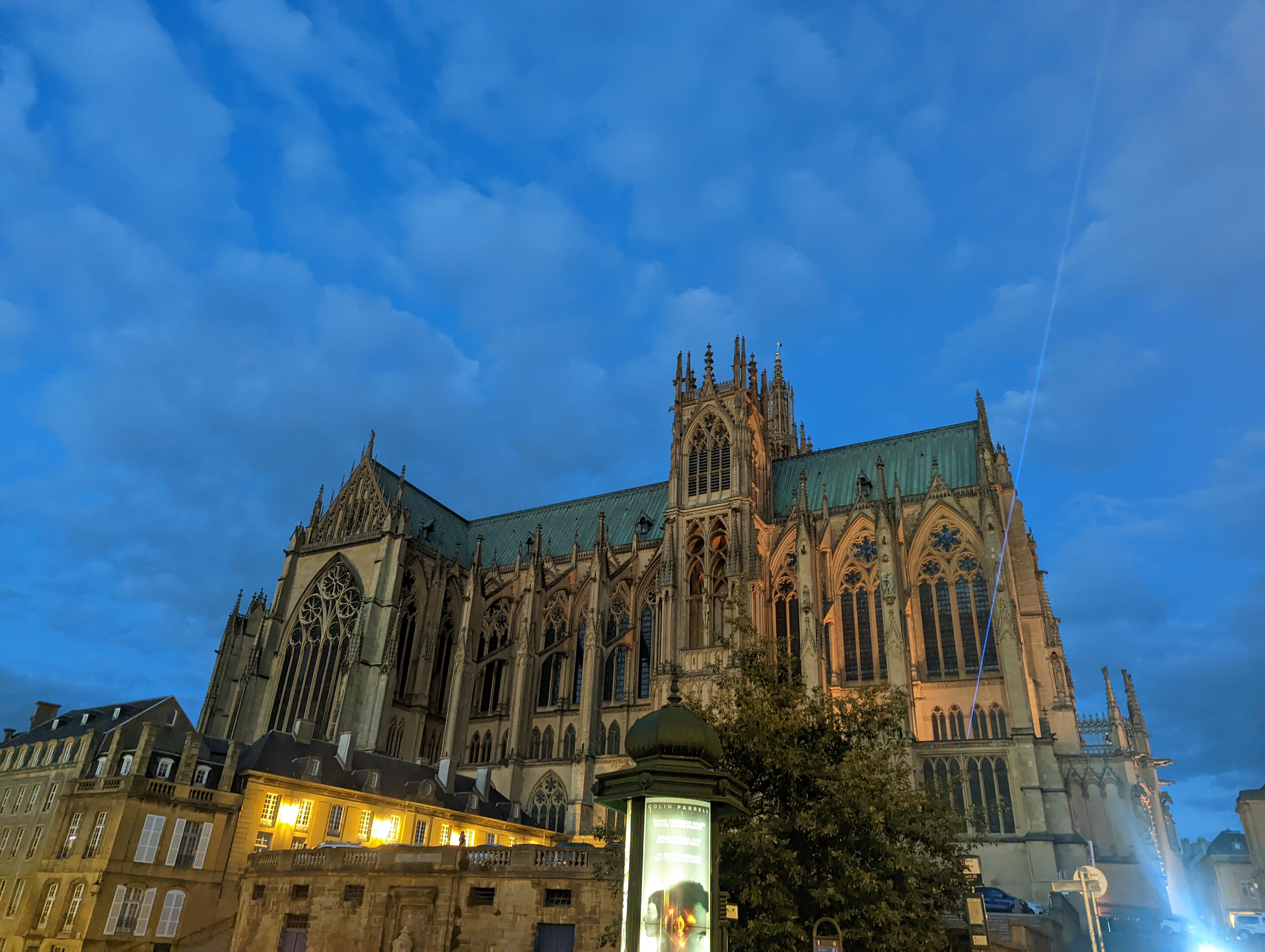
I like ecclesiastical architecture. There, I said it. With the sheer range of styles across the four countries the Tour visited, there was always something to be interested in, from Saint-Étienne's cathedral to an abbey in Saint-Maurice.
However, this is not just an appeal for people to visit the chapels of western Europe, it's a broader point to make the most of the weird places I get to visit thanks to bike racing. Visit the citadel of Briançon, take a trip to Lake Leman, make sure you take in the light show in Metz. Simple.
You get to go to towns and cities you would not normally go out of your way to visit, so why not try and see the best of Mons or Odense in the half an hour spare you might have of an evening.
For the record, the best churches were probably those carved into the rock at Rocamadour.
A post shared by adam becket (@adambecket)
A photo posted by on
Take a cricket bat
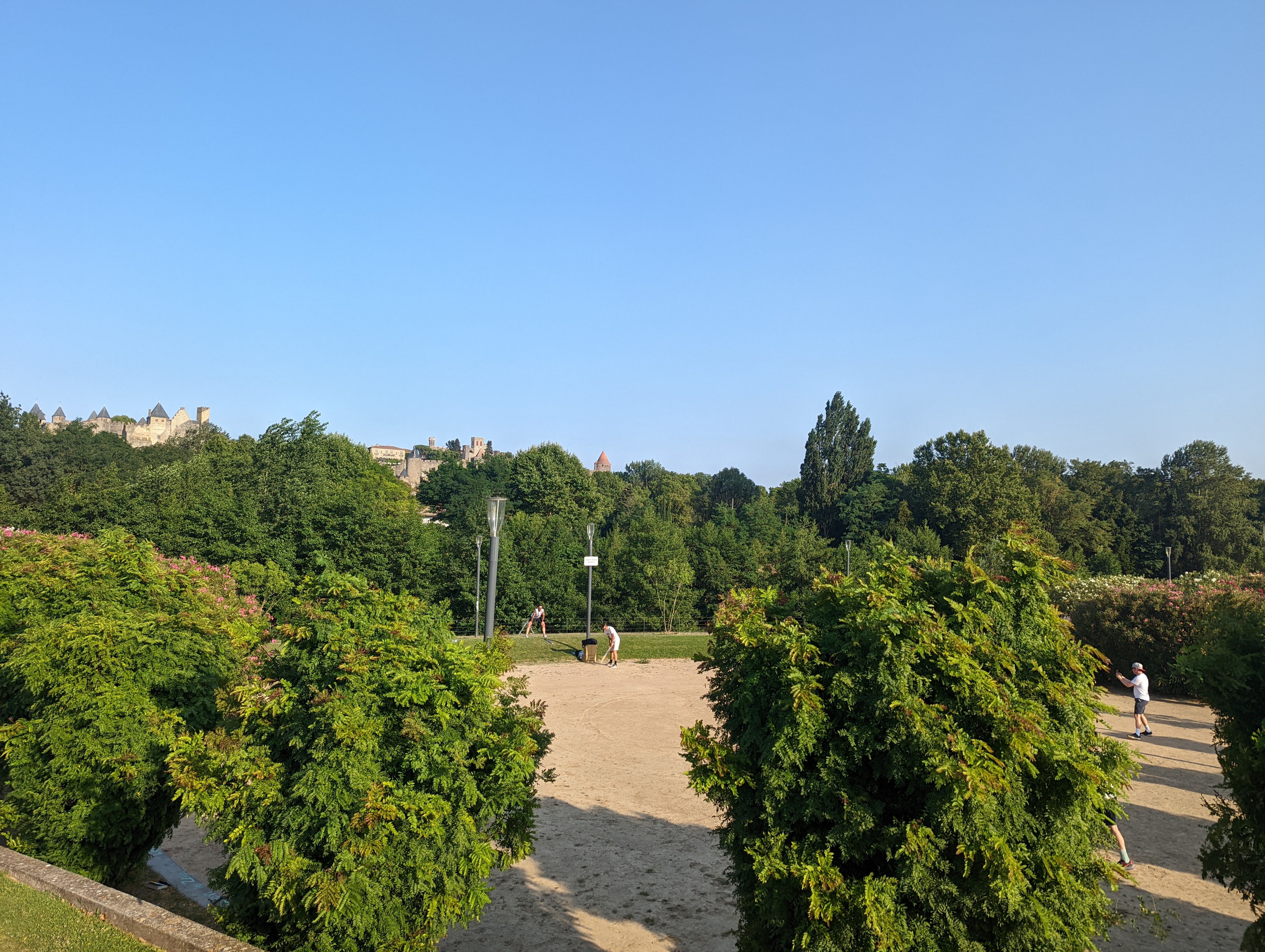
I might have looked like the maddest Englishman in the world, carrying a cricket bat around France, but it was worth it. In the brief moments of downtime one gets on the Tour, why not have a quick game of cricket.
The bat came out in Rodez, in Saint-Maurice, in Saint-Étienne. Its crowning moment was in Carcassonne, however, where a semi-organised match took place between journalists and members of the EF Education-EasyPost team. Even Quick-Step Alpha Vinyl's press manager popped in for a few swings and promptly injured himself.
One of their EF mechanics, JJ, was so good that we were reduced to simply waiting for him to get out. I'm not sure what the locals made of us using a petanque court for a better sport, but The Dust Bowl of Carcassonne was certainly one of the more picturesque grounds in the world. Onto next year.
Make sure you go on a motorbike
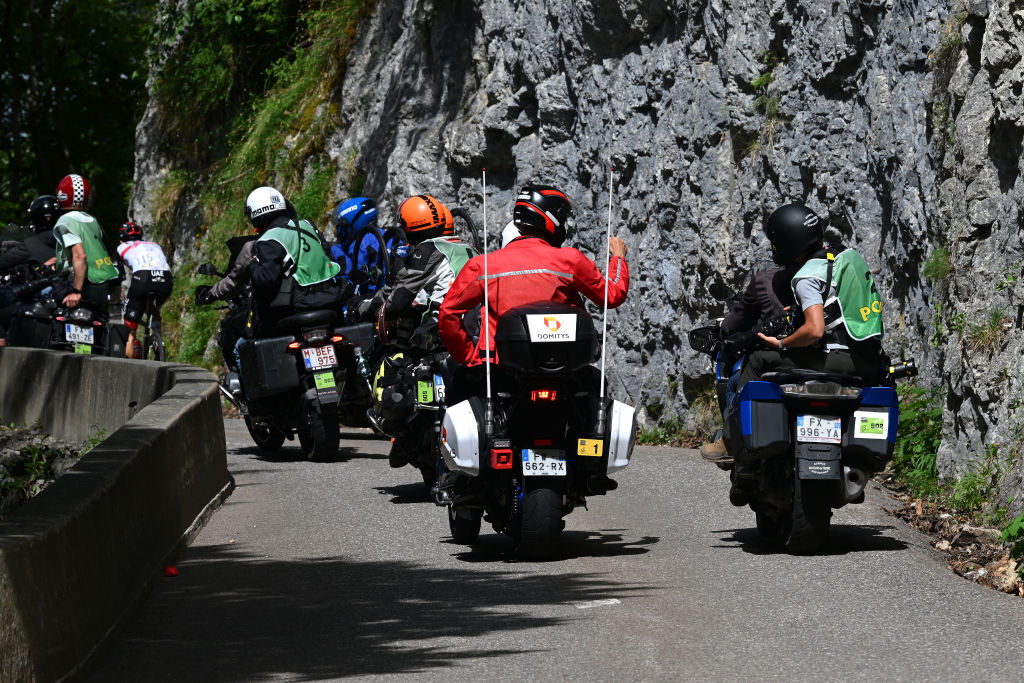
One of the best stages, for me anyway, was stage 13 from Bourg d'Oisans to Saint-Etienne, which I spent on the back of a race motorbike. To see the race up close was a wonderful privilege, even if it meant dealing with the horrors of French traffic calming measures at 100kph.
It was great to feel like part of the Tour's caravan, and I ended up doing so much waving at random French people that I felt like royalty. Great for one's ego.
A post shared by adam becket (@adambecket)
A photo posted by on
Take any opportunity you can for culture
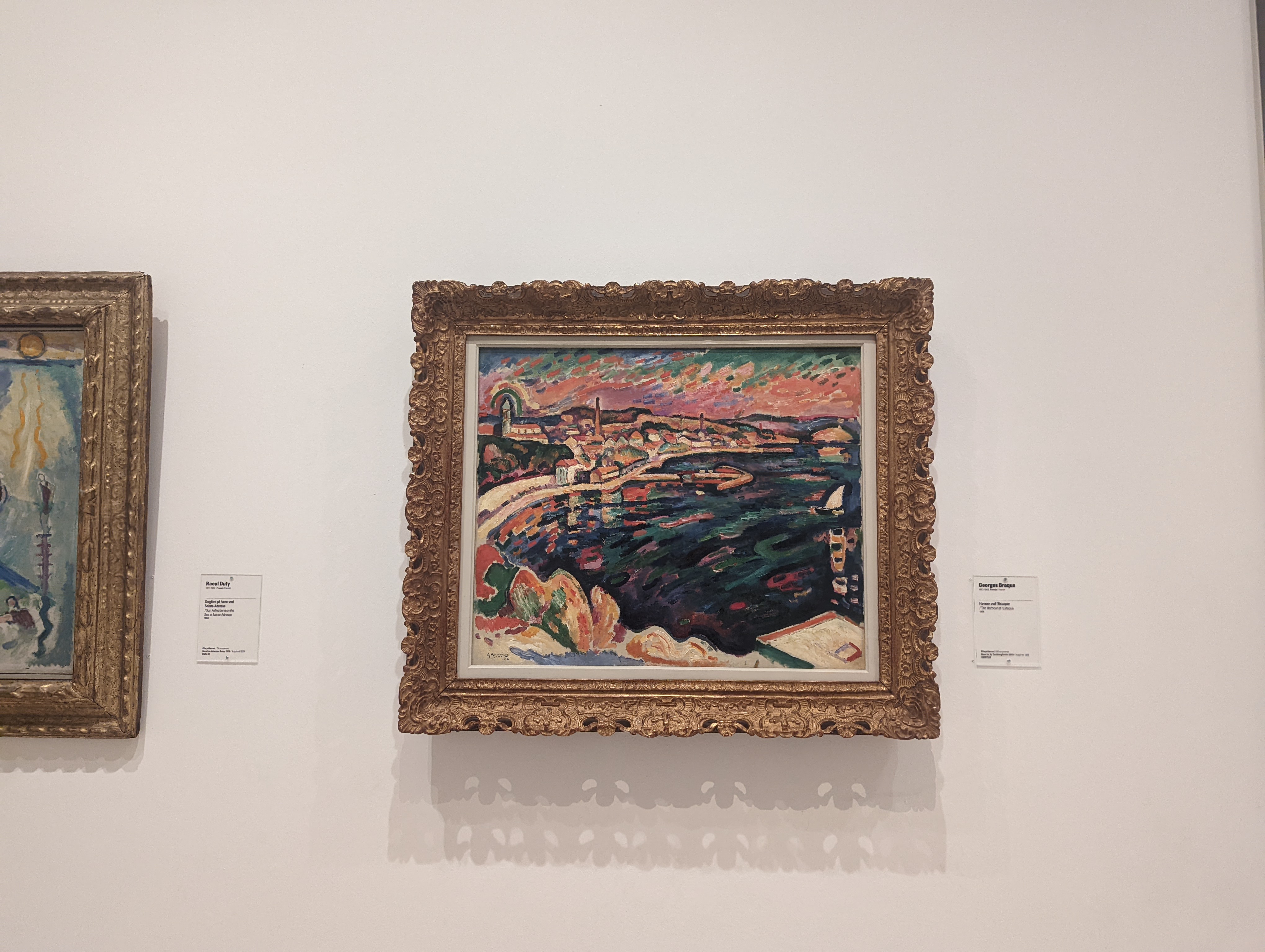
Part of visiting other countries is soaking up the culture, making the most of time abroad. This is one of the uncontentious parts of that 17th grand tour culture, using travel to educate yourself.
Before the start of stage one, I visited Denmark's national gallery, the SMK. As well as providing cover from the rain on the one day of the whole Tour to suffer from it, it was the perfect opportunity to improve myself. This kind of thing helps me think, helps with my writing, so why not?
It is not just art galleries, however, it's taking up opportunities to have a look at the places you get to stay in - Lausanne's strange music festival was a highlight. However, this does rely on not staying out of town on a motorway, as happened a few times.
Eat when you can, especially in France
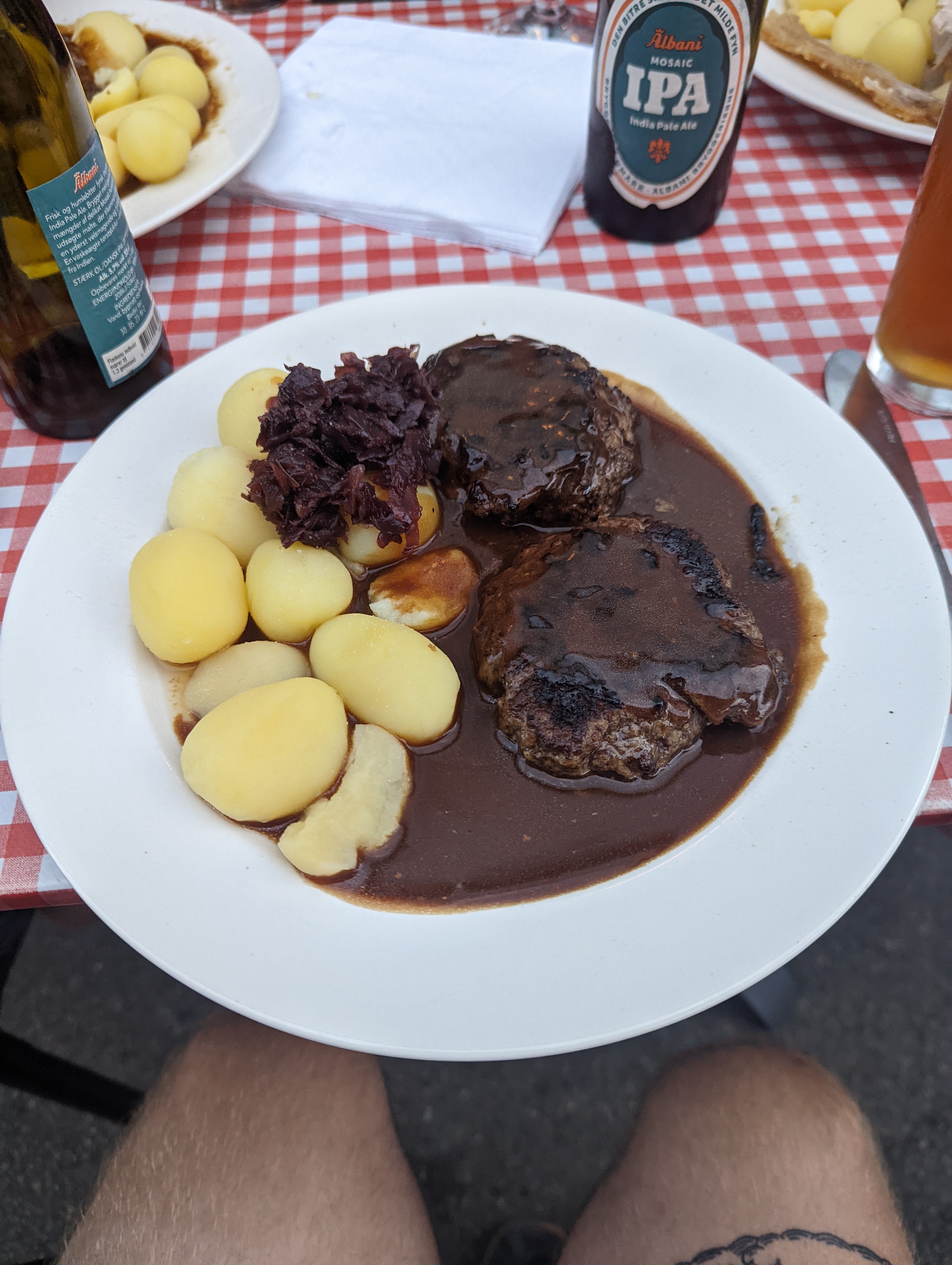
Covering the Tour de France does not lend itself to fitting in well with meal times. You might get a chance to stuff some pastries down at breakfast, but it is normally a long old wait until you get to the complimentary buffet in the press room - if there is one. Evenings can be even more tricky, as you might not get somewhere fit for dinner until quite late, something that is not useful in a France where eating past 9pm seems to be frowned upon.
However, we got quite lucky at most of this year's race - with a bit of planning, and some luck, you can do quite well. Though whether news and features editor Vern, who suffered after an undercooked sausage on stage 18, would agree with me I'm not so sure.
I did eat a lot of pizza, however.
It's a mammoth effort for everyone
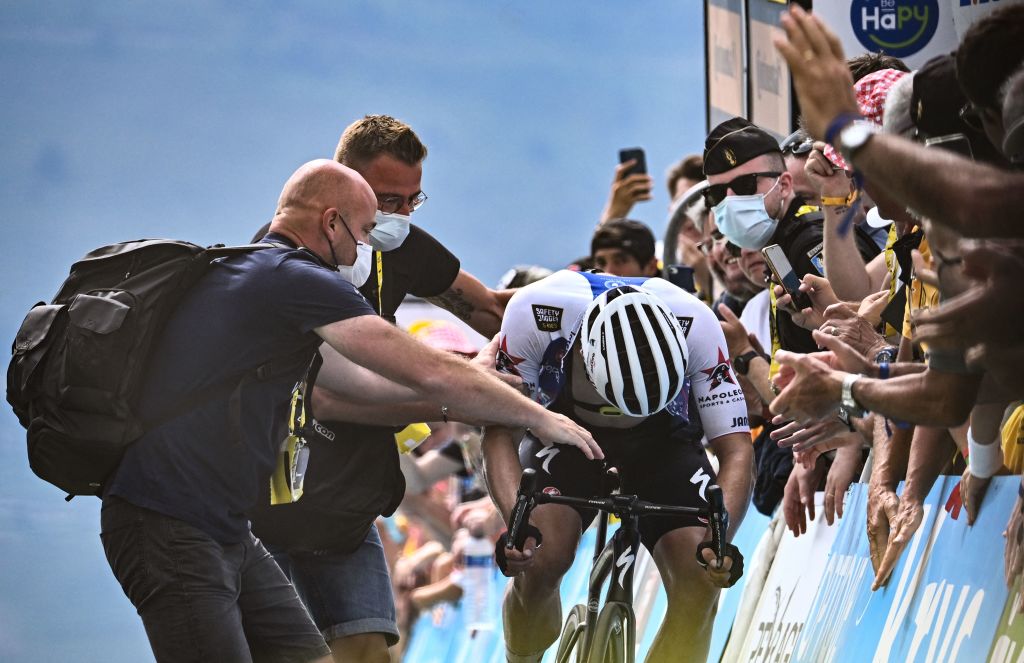
Covering the Tour de France is obviously a dream, a very fortunate experience, but it is simply exhausting. Forgetting about the riders for a moment, it is ridiculously tough for all the support staff, organisation and the collected media. Just don't assume it's a holiday - it has been over a week now and I'm still tired.

Thank you for reading 20 articles this month* Join now for unlimited access
Enjoy your first month for just £1 / $1 / €1
*Read 5 free articles per month without a subscription

Join now for unlimited access
Try first month for just £1 / $1 / €1

Adam is Cycling Weekly’s news editor – his greatest love is road racing but as long as he is cycling, he's happy. Before joining CW in 2021 he spent two years writing for Procycling. He's usually out and about on the roads of Bristol and its surrounds.
Before cycling took over his professional life, he covered ecclesiastical matters at the world’s largest Anglican newspaper and politics at Business Insider. Don't ask how that is related to riding bikes.
-
 FDJ-Suez, SD Worx-Protime, Lidl-Trek confirmed for Tour of Britain Women as strong list of teams announced
FDJ-Suez, SD Worx-Protime, Lidl-Trek confirmed for Tour of Britain Women as strong list of teams announced18 teams set to take part in four-day WorldTour stage race
By Tom Thewlis
-
 Cyclists could face life sentences for killing pedestrians if new law passed in England and Wales
Cyclists could face life sentences for killing pedestrians if new law passed in England and WalesReckless cycling currently carries a maximum two-year jail term
By Tom Thewlis
-
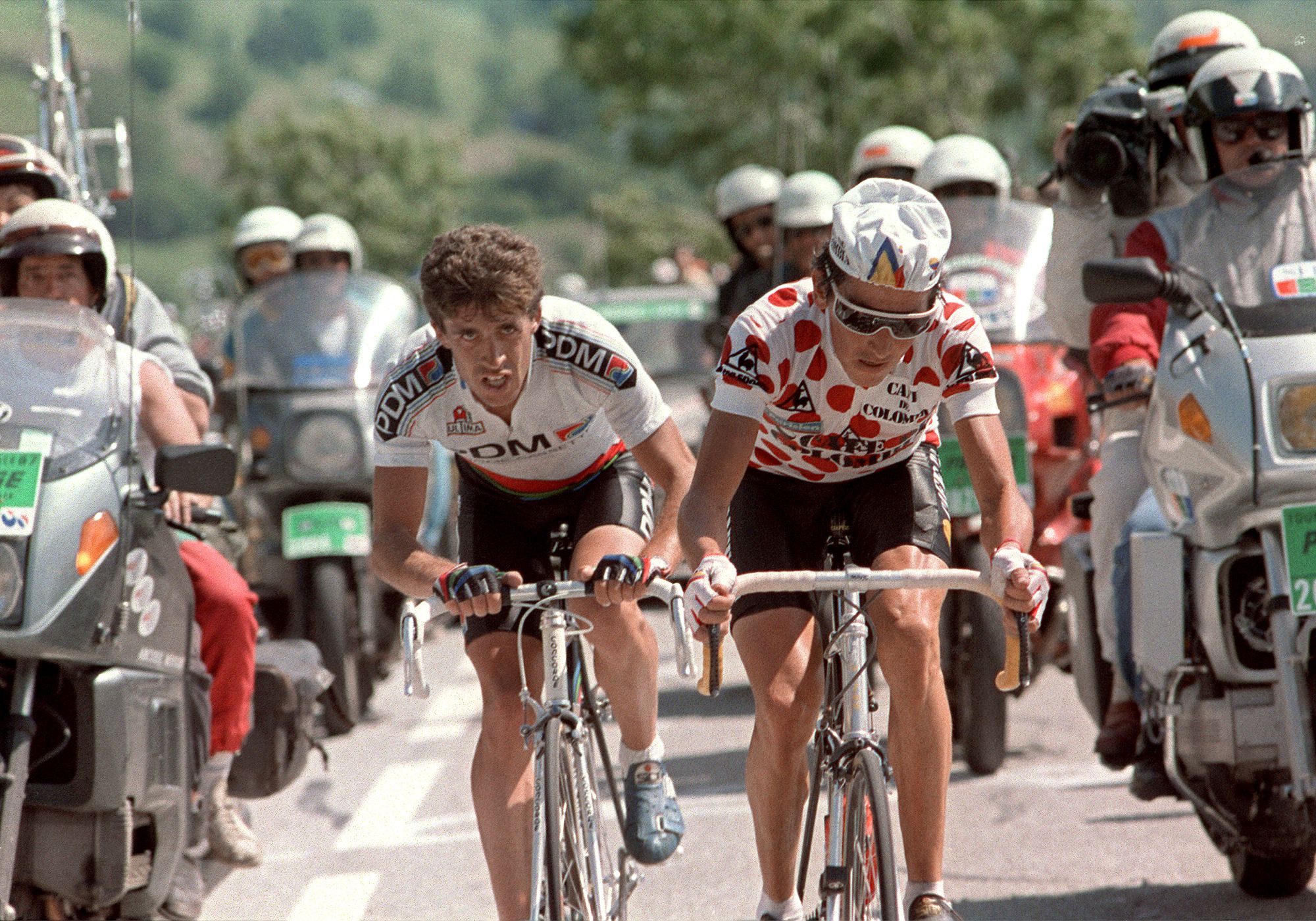 Colombian climbing star and former Vuelta a España winner Lucho Hererra could be investigated over murders of four people
Colombian climbing star and former Vuelta a España winner Lucho Hererra could be investigated over murders of four peopleA judge has called for an investigation into the former Vuelta winner who is alleged to have worked with paramilitary groups in Colombia
By Tom Thewlis
-
 'It's a great place to start' - Edinburgh MP 'absolutely' backs Tour de France Grand Départ in 2027
'It's a great place to start' - Edinburgh MP 'absolutely' backs Tour de France Grand Départ in 2027Scottish city expected to host opening stage of the Tour de France, according to reports
By Tom Davidson
-
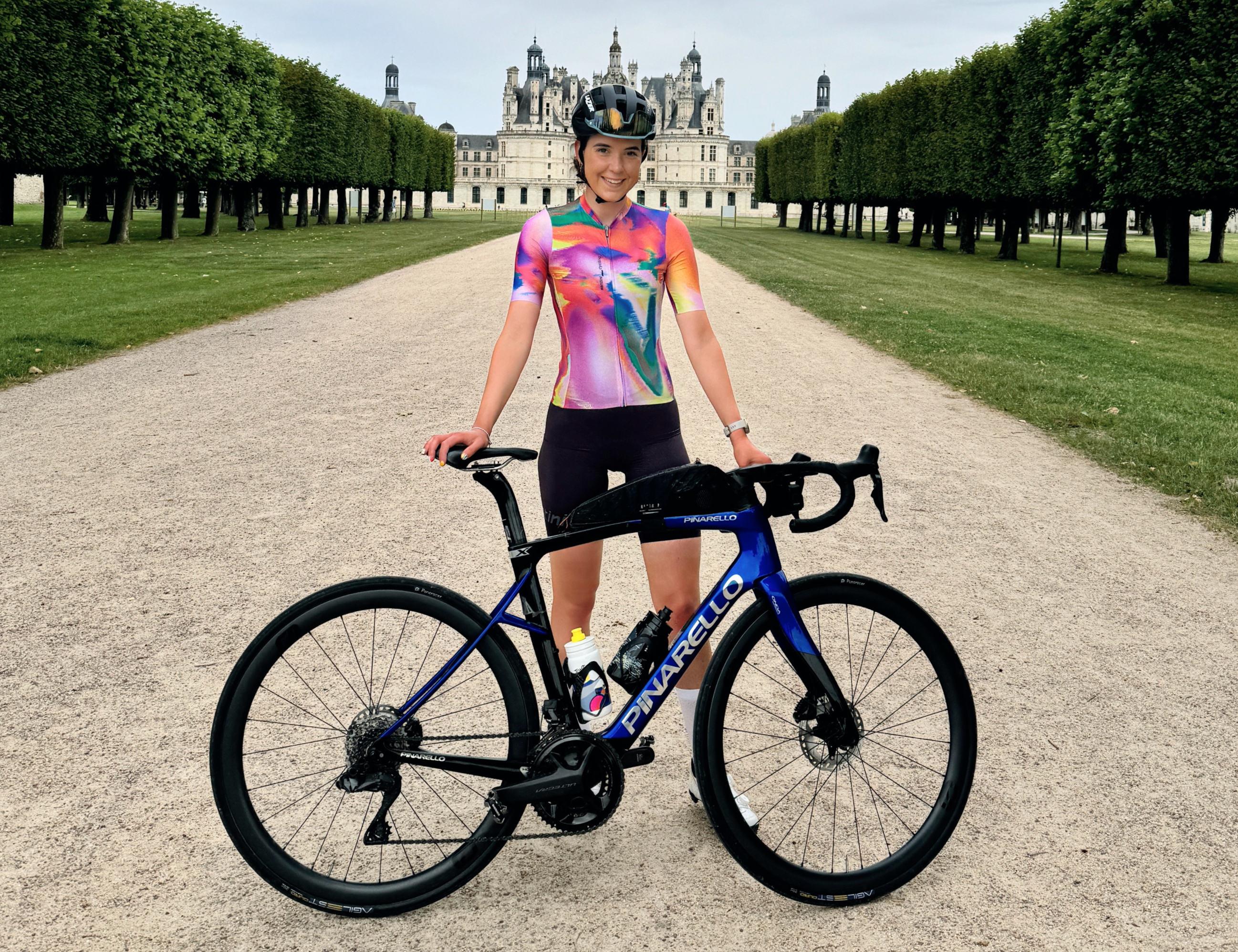 'I'm doing 1,000km more than Lachlan Morton' - Cycling influencer to ride every stage of the 2025 Tour de France
'I'm doing 1,000km more than Lachlan Morton' - Cycling influencer to ride every stage of the 2025 Tour de FranceAmy Hudson plans to ride the entire Tour route, including the transfers, totalling 6,300km
By Tom Davidson
-
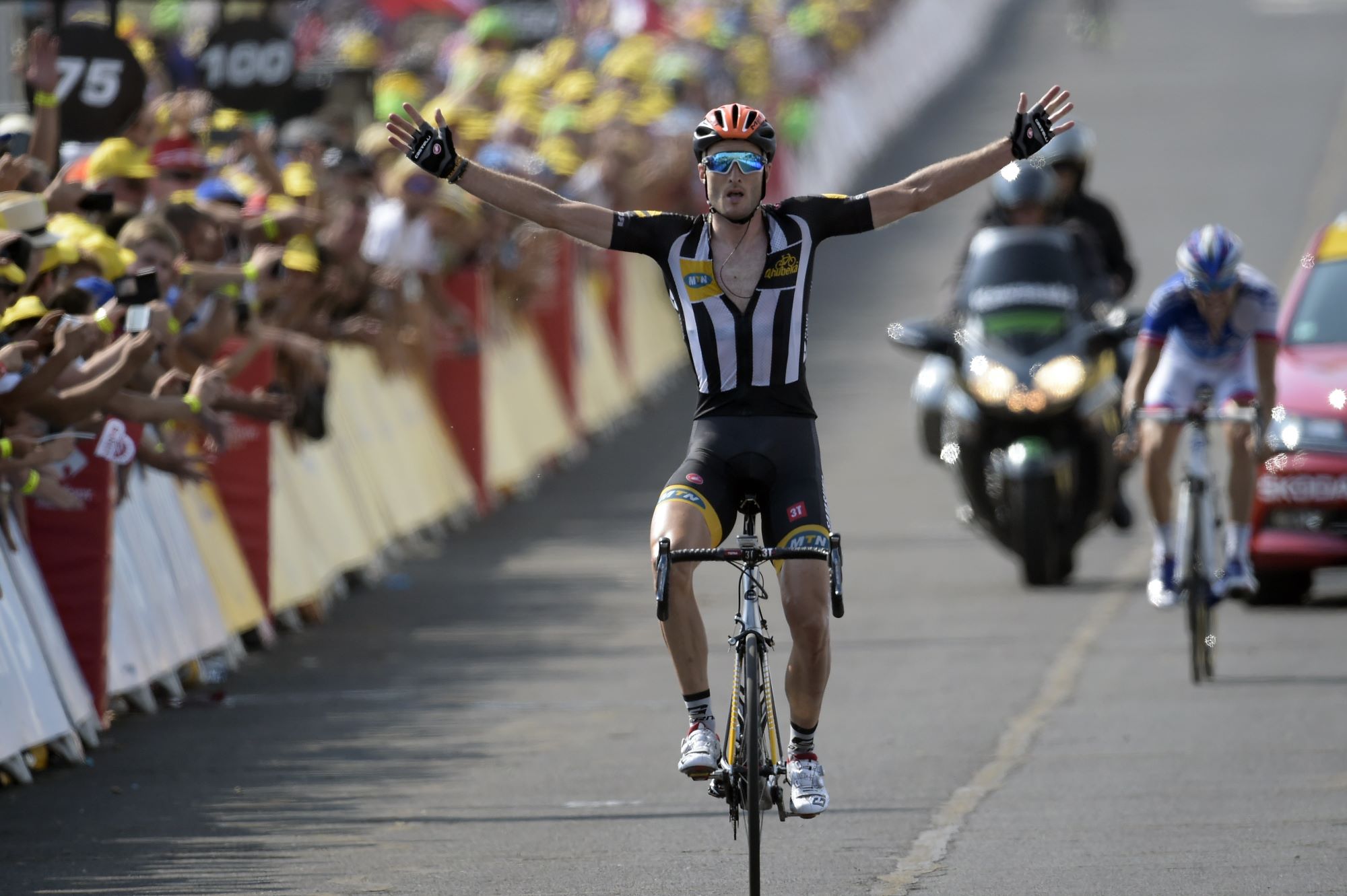 'A stage win in the Tour de France really changed my profile': Steve Cummings on working as a chef, idolising Michele Bartoli, and playing football like Trent Alexander-Arnold
'A stage win in the Tour de France really changed my profile': Steve Cummings on working as a chef, idolising Michele Bartoli, and playing football like Trent Alexander-ArnoldJayco-AlUla Sports Director discusses his most significant career victory and how he got into cycling
By Tom Thewlis
-
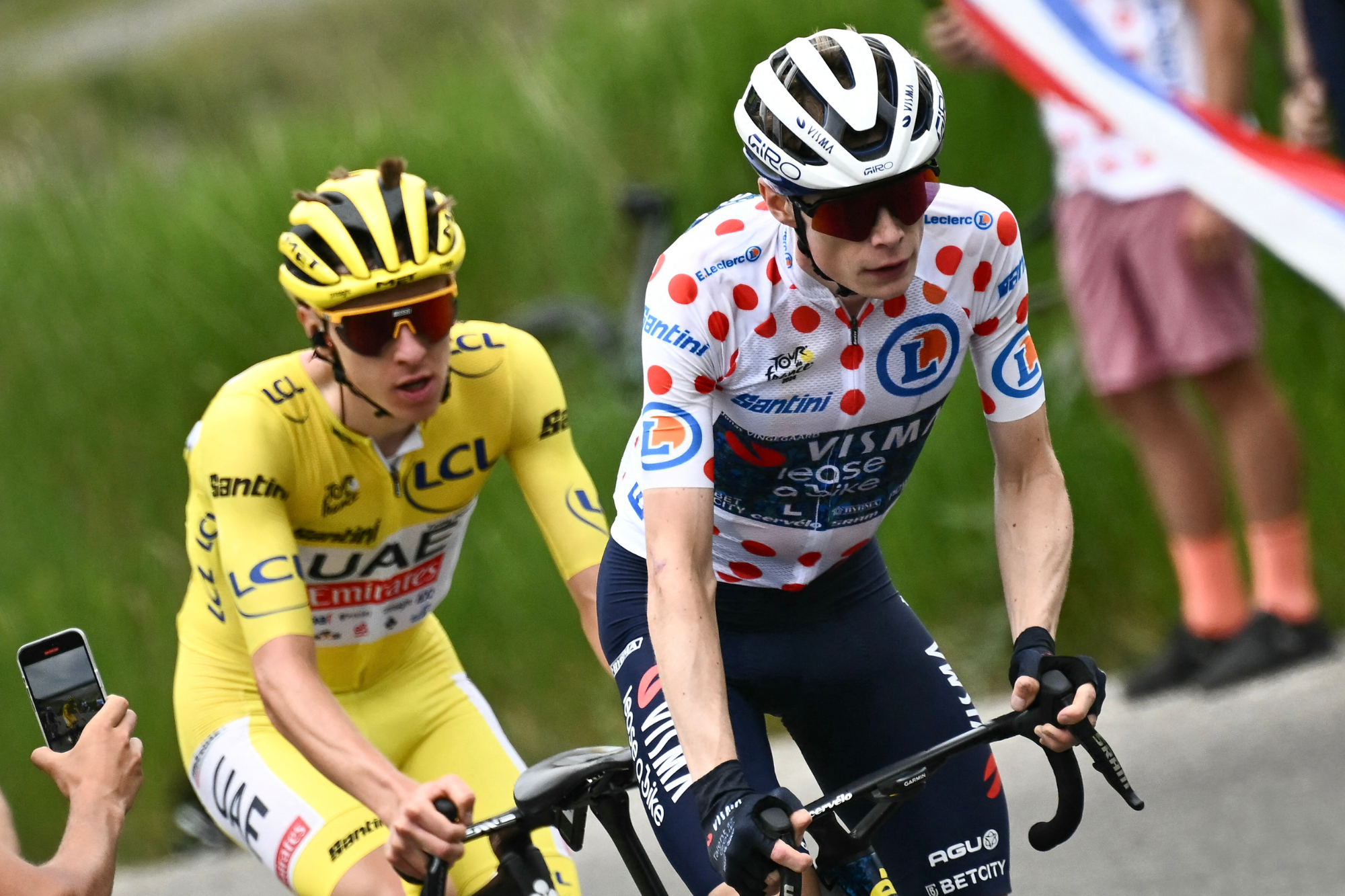 Cycling coverage is getting much more expensive in the UK – tell us what you think
Cycling coverage is getting much more expensive in the UK – tell us what you thinkEurosport is closing down in the UK and there will be no more free-to-air Tour de France coverage in Britain from 2026
By David Bradford
-
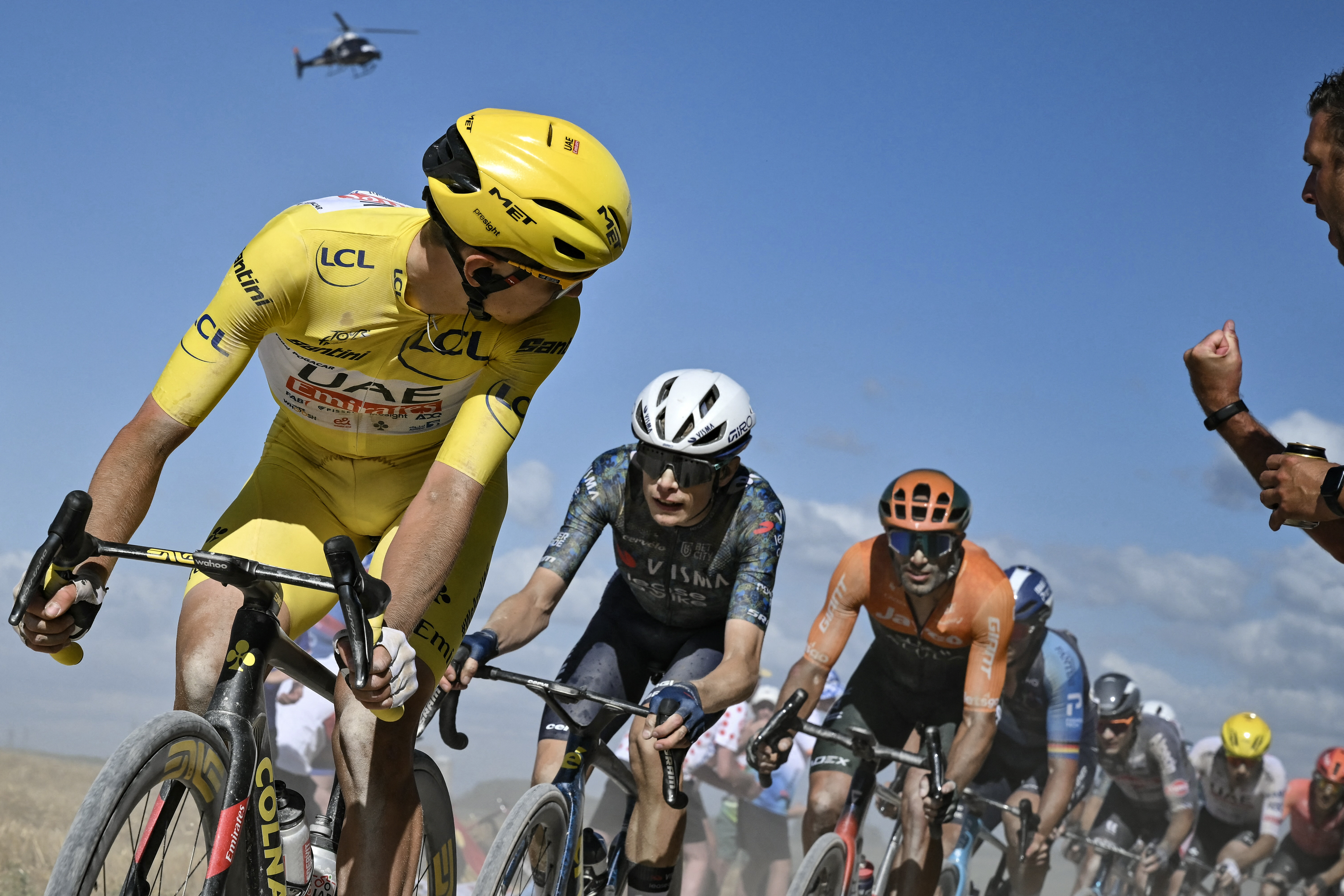 No free-to-air live coverage of Tour de France in UK from 2026, broadcaster confirms
No free-to-air live coverage of Tour de France in UK from 2026, broadcaster confirmsWarner Bros. Discovery (WBD) boss says free coverage of the Tour is “not on our road map”
By Tom Davidson
-
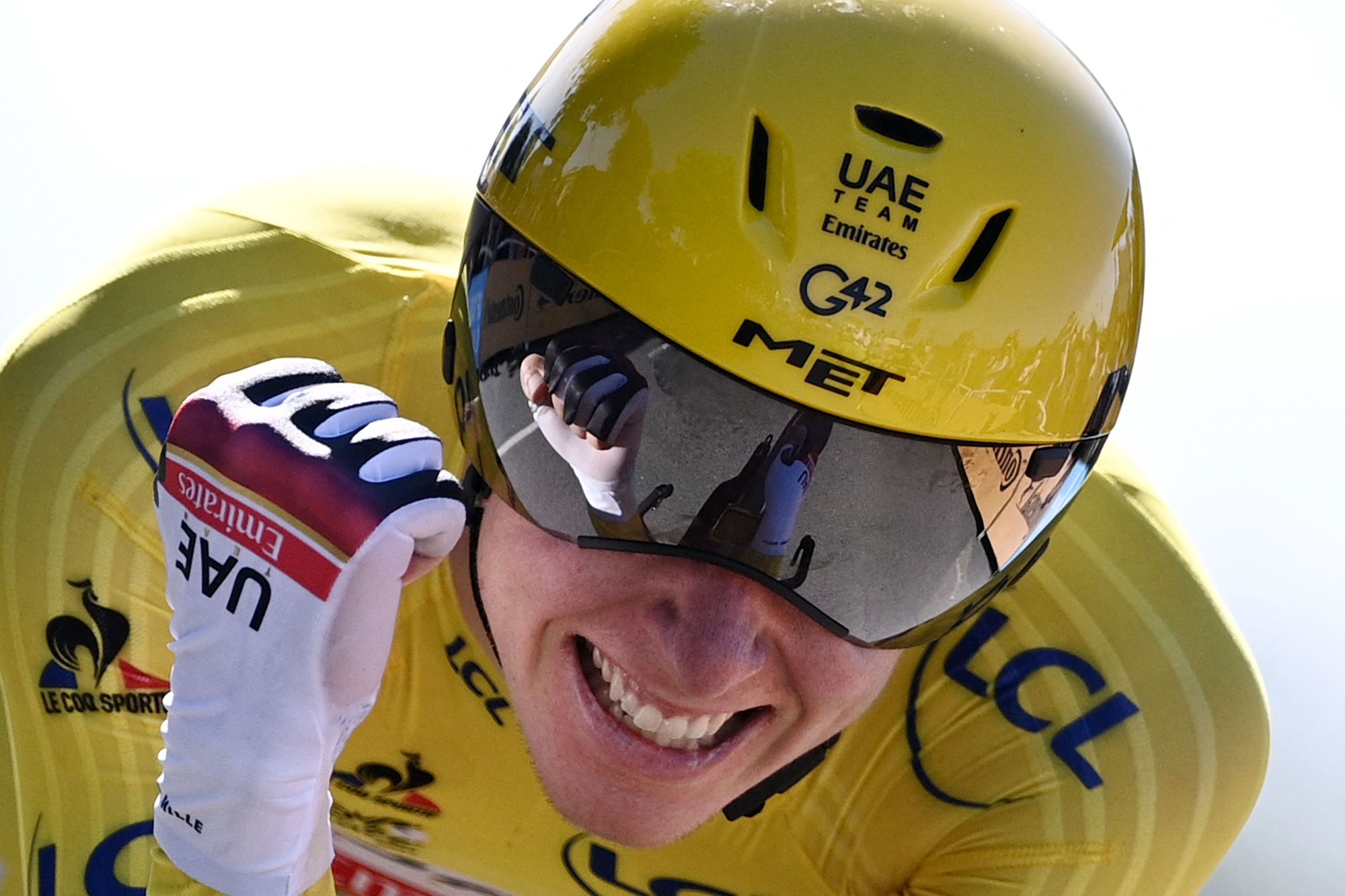 Former Tour de France yellow jersey maker placed into receivership
Former Tour de France yellow jersey maker placed into receivershipLe Coq Sportif also produced kit for the French Olympic Federation during Paris 2024
By Tom Thewlis
-
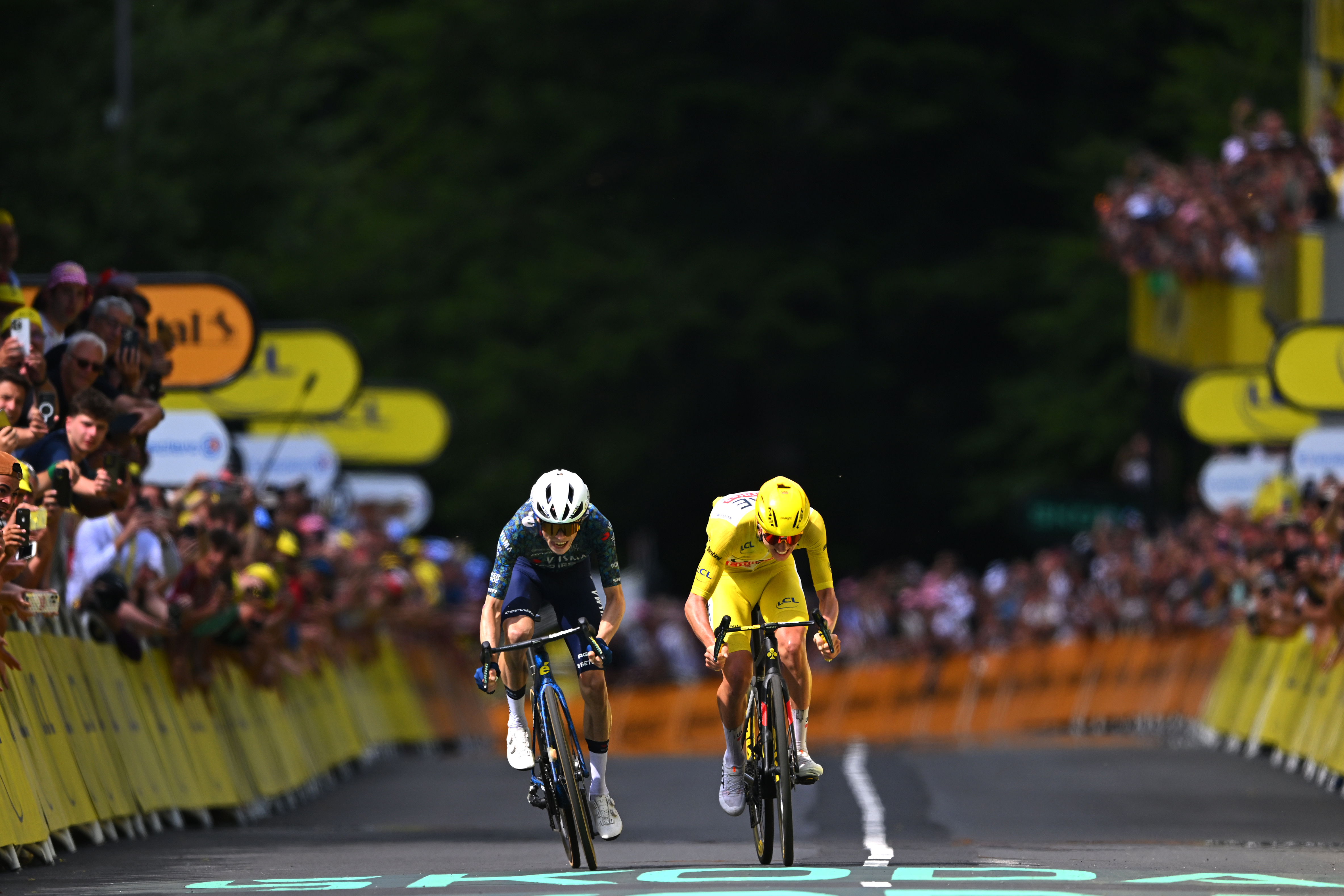 Tour de France 2025 route: Pyrenees triple, Mont Ventoux return and Alps climax on menu
Tour de France 2025 route: Pyrenees triple, Mont Ventoux return and Alps climax on menuRace to take place 5-27 July, with Grand Départ in Lille, before an anti-clockwise route
By James Shrubsall